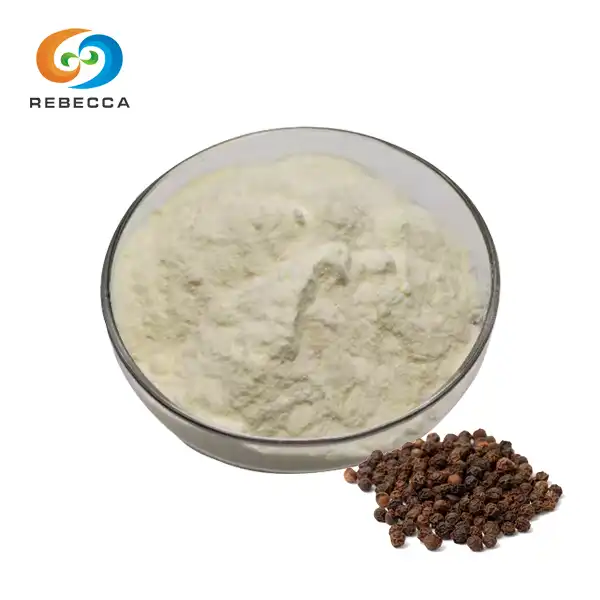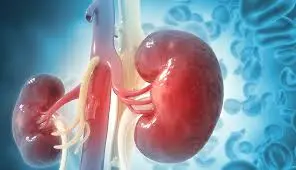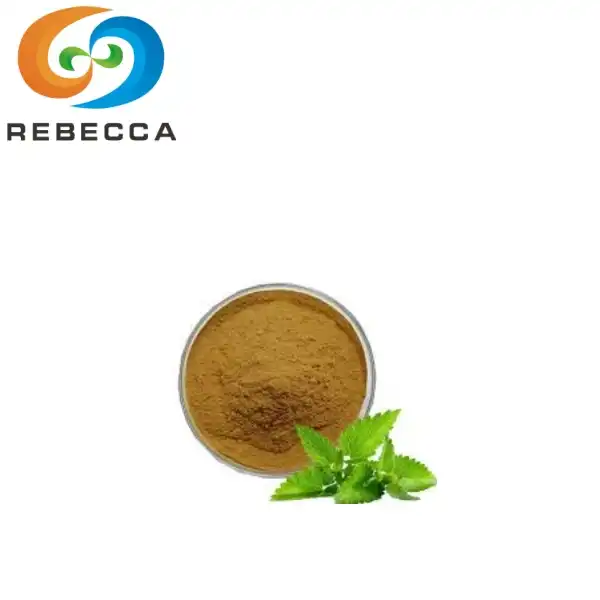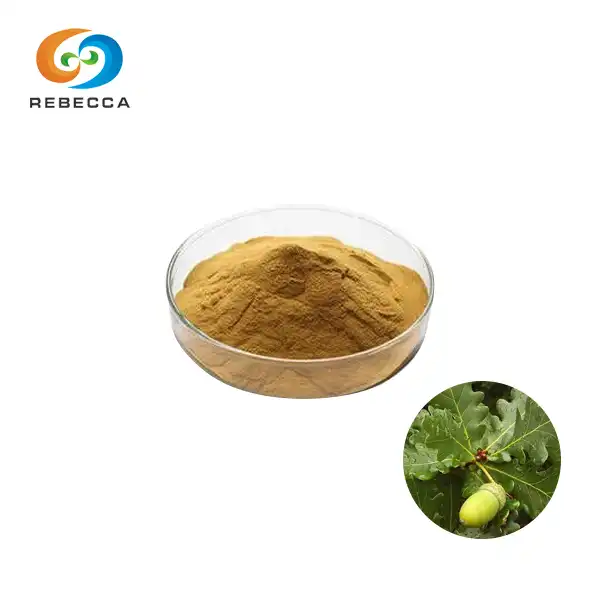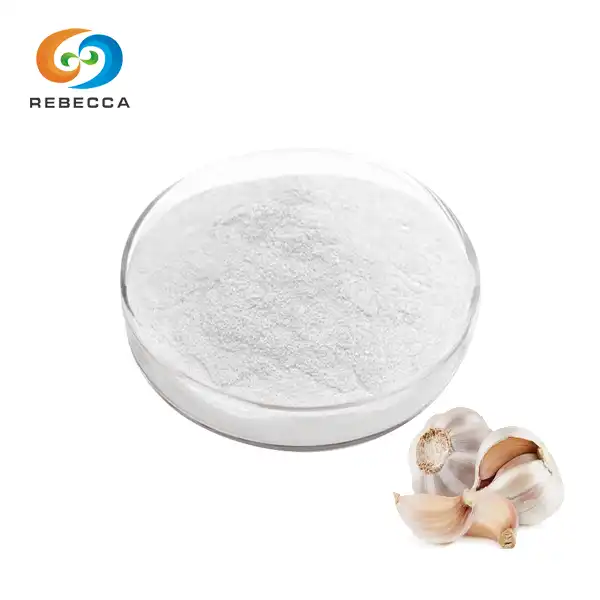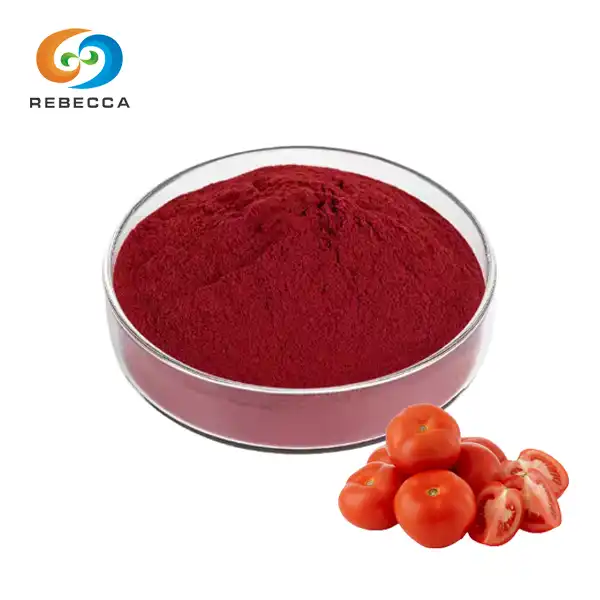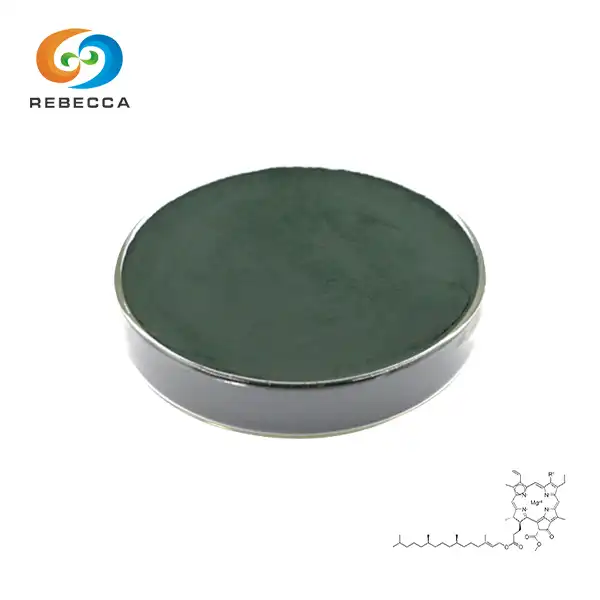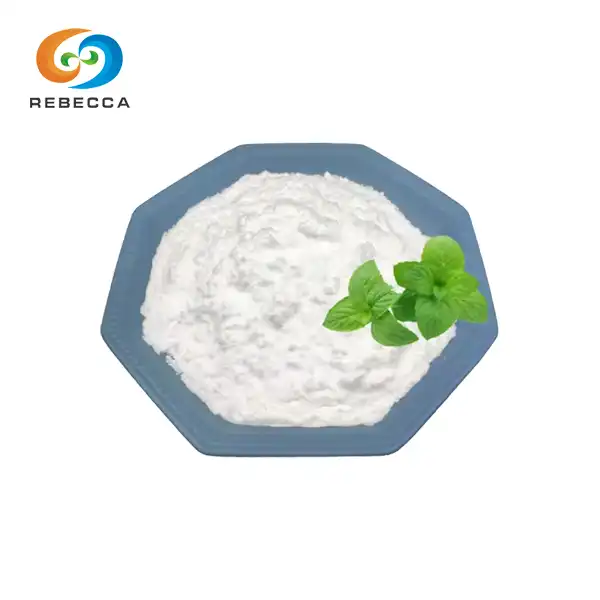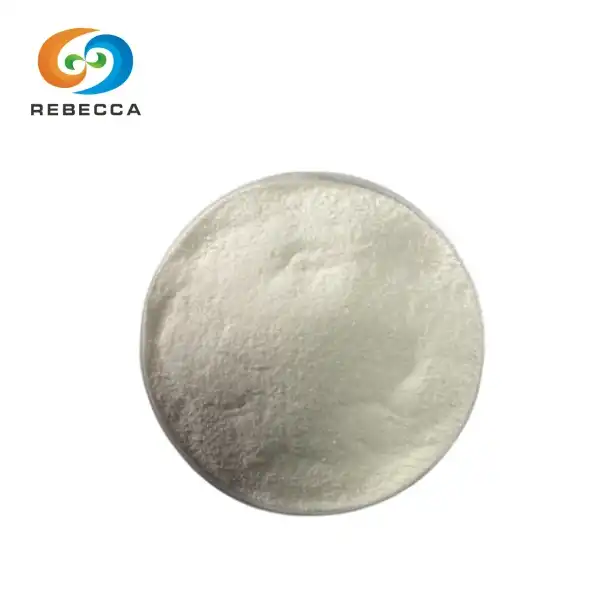Potential kidney benefits of piperine powder explained
Piperine, with its molecular formula C17H19NO3, offers several potential advantages for kidney health:
Antioxidant properties
Piperine demonstrates potent antioxidant capabilities, which may play a critical role in protecting kidney cells from oxidative stress and free radical-induced damage. By neutralizing these reactive oxygen species, piperine supports the integrity of renal tissues and helps prevent cellular dysfunction. Maintaining this oxidative balance is essential for healthy kidney function, as prolonged oxidative stress is a known contributor to chronic kidney disease and overall renal deterioration.

Anti-inflammatory effects
Chronic inflammation is a significant factor in the progression of kidney disorders. Piperine's anti-inflammatory properties may help reduce inflammation in renal tissues by modulating key pathways involved in immune response. This effect can potentially slow the development of kidney diseases such as glomerulonephritis or diabetic nephropathy. By inhibiting pro-inflammatory mediators, piperine supports a healthier internal environment that favors long-term kidney health and resilience.

Enhanced nutrient absorption
One of piperine's most distinctive attributes is its capacity to enhance the bioavailability of nutrients, such as vitamins A, C, D, and essential minerals like magnesium and selenium. Improved absorption ensures that the body—and especially the kidneys—receives adequate nutritional support. Since proper kidney function depends on the presence of sufficient micronutrients for metabolic and detoxification processes, piperine's role in nutrient uptake could indirectly strengthen renal health and overall vitality.

Potential nephroprotective effects
Emerging research indicates that piperine may offer nephroprotective benefits by reducing kidney damage from toxins, medications, or metabolic imbalances. This protective effect appears to stem from piperine's ability to counter oxidative and inflammatory stress, two major drivers of renal injury. In experimental settings, piperine has shown promise in preserving kidney structure and function, suggesting its potential role as a supportive compound in managing or preventing various forms of kidney damage.
How piperine powder affects kidney health naturally?
Piperine powder, derived from black pepper seeds, interacts with kidney function through various mechanisms:
Modulation of enzymatic activity
Piperine has been shown to influence the activity of various enzymes that play a role in kidney metabolism and detoxification. By modulating these enzyme pathways, piperine may help regulate important physiological processes such as filtration, electrolyte balance, and waste excretion. This enzymatic support contributes to more efficient renal function and may help protect against dysfunction related to metabolic imbalances or toxic accumulation within the kidneys.
Influence on blood pressure
Research suggests that piperine may exhibit mild hypotensive effects by relaxing vascular smooth muscle and enhancing nitric oxide availability. This could lead to improved blood flow and reduced systemic blood pressure. As chronic hypertension is a major contributor to kidney damage and disease progression, piperine's potential to help maintain healthy blood pressure levels makes it a promising compound for supporting long-term renal health and reducing cardiovascular burden on the kidneys.
Impact on uric acid levels
Elevated uric acid levels are a common precursor to kidney stones and other renal complications. Studies indicate that piperine may help modulate uric acid concentrations by influencing purine metabolism and enhancing renal excretion. By helping to maintain balanced uric acid levels, piperine may reduce the risk of urate crystal formation, support smooth urinary function, and protect against conditions like gout or uric acid nephropathy.
Potential diuretic effects
Preliminary evidence points to mild diuretic properties associated with piperine intake. By promoting the production and excretion of urine, piperine may assist in flushing excess fluids, salts, and metabolic waste from the body. This action can help relieve pressure on the kidneys and support detoxification. While more clinical studies are needed, the diuretic potential of piperine could add another layer of support to its overall kidney health benefits.
Safe usage tips for piperine powder and kidney care
While piperine powder shows promise for kidney health, it's crucial to use it safely and responsibly:
Dosage considerations
The optimal dosage of organic piperine powder for kidney health has not been definitively established. It's generally recommended to start with low doses and gradually increase as tolerated. Typical dosages in supplements range from 5-20 mg per day, but individual needs may vary.
Quality and purity
When using piperine powder, opt for high-quality products with verified purity. Look for products that meet the following specifications:
- Piperine content: ≥95%
- Moisture content: ≤5%
- Mesh size: 100% pass through 80 mesh
- Appearance: Yellow brown to light yellow fine powder
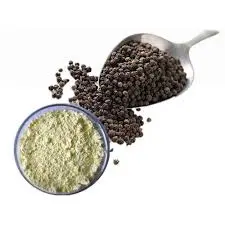
Potential interactions
Piperine may interact with certain medications, including those metabolized by the liver. If you're taking any medications, particularly those for kidney-related conditions, consult with a healthcare professional before using piperine powder.
Monitoring kidney function
If you're using organic piperine powder for kidney health, it's advisable to regularly monitor your kidney function through appropriate medical tests. This can help ensure that the supplement is not causing any adverse effects and is supporting your renal health as intended.
Storage and handling
To maintain the potency and safety of organic piperine powder, store it in a cool, dry place away from direct light. Ensure the packaging is sealed properly between uses to prevent contamination and degradation.
Conclusion
While piperine powder shows potential benefits for kidney health, more research is needed to fully understand its effects and optimal usage. As with any supplement, it's crucial to approach piperine use with caution and under the guidance of a healthcare professional, especially if you have existing kidney conditions or are taking medications. For more information about piperine powder and its potential health benefits, please contact us at information@sxrebecca.com.
_1730691017423.webp)




